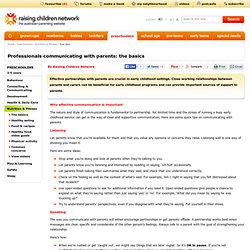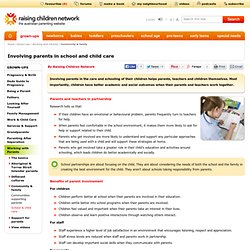

Www.snaicc.org.au/_uploads/rsfil/02497.pdf. Www.mytimeourplace.com.au/files/FS5_CommunicatingWithFamilies.pdf. Files.acecqa.gov.au/files/National-Quality-Framework-Resources-Kit/my_time_our_place_promoting_collaborative_partnerships_between_school_age_care_services_and_schools.pdf. Jindi Woraback’s QIP encourages children to contribute. This week on We Hear You, Michelle Walker, Director of Jindi Woraback Children’s Centre, tells us about their Quality Improvement Plan and how they incorporate into their daily program. ACECQA is a girl with a blue face, red and pink hair, pink arms and a green body and legs. She likes to eat fruit, ride her bike, read books and draw. This is ‘ACECQA child’, the newest addition to Jindi Woraback Children’s Centre (Jindi Woraback) in Victoria. During the process of reflection whilst developing our Quality Improvement Plan (QIP), we decided to develop a visual QIP that would involve the children, educators and families. After our assessment and rating visit, we wanted to ensure we were continuously working on our QIP.
Proudly we received Exceeding in all seven quality areas, which meant we needed a plan of ‘where to next?’ Our visual QIP was placed in a common area, which became a meeting place of ‘Belonging, Being and Becoming’ where children, educators and families could share their stories. Toolkits. Professionals communicating with parents. Why effective communication is important The nature and style of communication is fundamental to partnership.

Yet limited time and the stress of running a busy early childhood service can get in the way of clear and supportive communication. Here are some quick tips on communicating with parents. Listening Let parents know that you’re available for them and that you value any opinions or concerns they raise. Here are some ideas: Stop what you’re doing and look at parents when they’re talking to you. Speaking The way you communicate with parents will either encourage partnerships or get parents offside. Here’s how: When we’re rushed or get ‘caught out’, we might say things that we later regret. Raising concerns with parents Here are some ideas for raising concerns with parents: Be open and honest with parents, and talk about problems when they come up.
Dealing with concerns that parents raise Here are tips for dealing with concerns that parents raise: Listen to parents’ concerns. St. Stephen's OSHC Family Survey. Www.psctas.org.au/wp-content/uploads/2010/01/Partnershps-with-families-and-community-links-_PSC_.pdf. Www.gowrievictoria.org.au/Portals/12/Documents/Professional Development/SGLP/Partnerships with Families_Dec12.pdf. Involving parents in school and child care. Parents and teachers in partnership Research tells us that: If their children have an emotional or behavioural problem, parents frequently turn to teachers for help.

When parents feel comfortable in the school environment, it makes them more likely to ask for help or support related to their child. Parents who get involved are more likely to understand and support any particular approaches that are being used with a child and will support these strategies at home. Parents who get involved take a greater role in their child’s education and activities around schooling, which leads children do better academically and socially. School partnerships are about focusing on the child. Benefits of parent involvement For children Children perform better at school when their parents are involved in their education. For staff Staff experience a higher level of job satisfaction in an environment that encourages listening, respect and appreciation.
For parents Keeping in contact Before school begins.